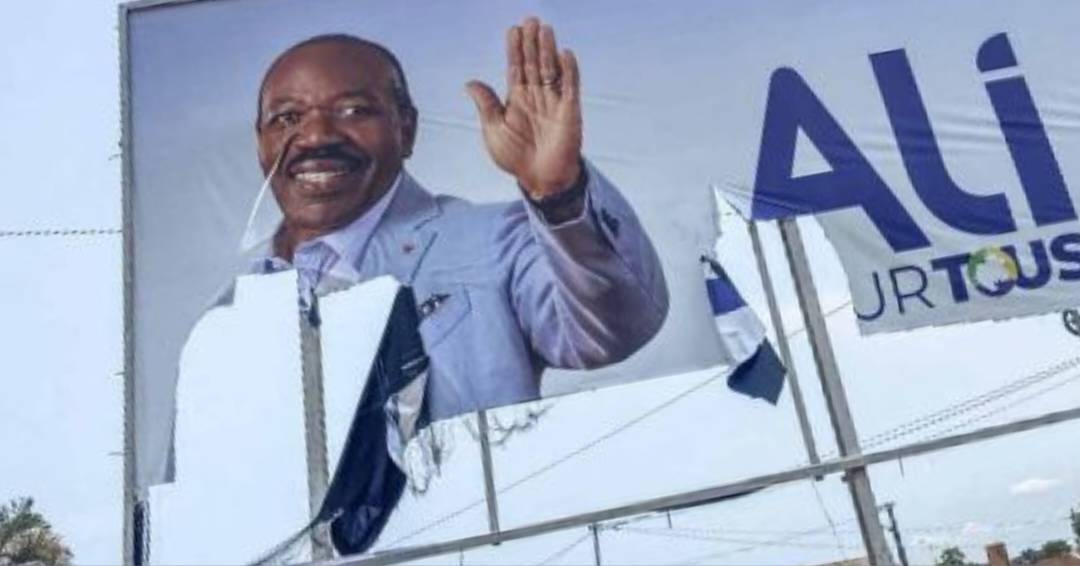
Mutinous soldiers in Gabon have announced a leadership change in the Central African nation, with General Brice Clotaire Oligui Nguema taking the reins. This announcement followed their earlier declaration of placing the newly re-elected President, Ali Bongo Ondimba, under house arrest.
The power shift in Gabon coincided with the announcement of election results on August 30, declaring President Ali Bongo Ondimba’s re-election, despite reports of polling irregularities.
“Oligui is the cousin of President Ali Bongo Ondimba, who had been declared the winner of the country’s presidential election.”
This military takeover in Gabon joins a series of political upheavals in the region, with recent incidents in Niger, Burkina Faso in 2022, and Chad, Guinea, Sudan, and Mali in preceding years.
Key facts about Gabon:
– Gabon, located on the western shores of Central Africa, gained independence from France in 1960.
– It shares borders with the Gulf of Guinea to the west, Republic of Congo to the east and south, Cameroon to the north, and Equatorial Guinea to the northwest.
– Gabon, situated on the equator, covers approximately 268,000 square kilometers with a population of around 2.1 million.
– The capital of Gabon is Libreville, and the official language is French.
– The country’s economy is heavily reliant on oil, along with significant contributions from agriculture, tourism, timber, uranium, and manganese exports.
– Gabon has a history of engagement with international organizations such as the African Union, the United Nations, and regional groups like the Central African Economic and Monetary Community (CEMAC) and the Economic Community of Central African States (ECCAS).
– It was a member of OPEC but withdrew in 1995 and re-joined in 2016.
Political landscape in Gabon:
– Gabon has experienced shifts in its political system, transitioning from a parliamentary to a presidential system within a year of gaining independence.
– The late El Hadj Omar Bongo Ondimba played a dominant role in Gabonese politics for four decades, initially as vice president and later as president. He established the Parti Democratique Gabonais (PDG) in 1968, which remains influential in Gabonese politics.
– Multi-party politics were reintroduced in the early 1990s after growing political opposition.
– Ali Bongo Ondimba succeeded his father as president in 2009 but faced criticism during his tenure due to allegations of corruption, flawed elections, and inadequate allocation of the country’s wealth.
– Previous coup attempts in 2019 and the recent military takeover reflect ongoing political instability in the region. Similar events have unfolded in neighboring countries across West and Central Africa in recent years.

Post Your Comments